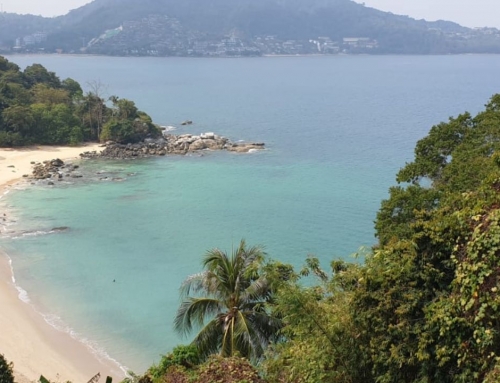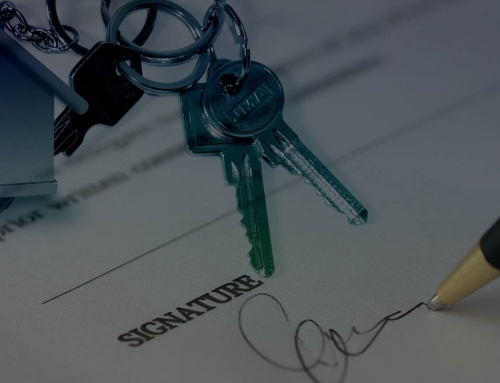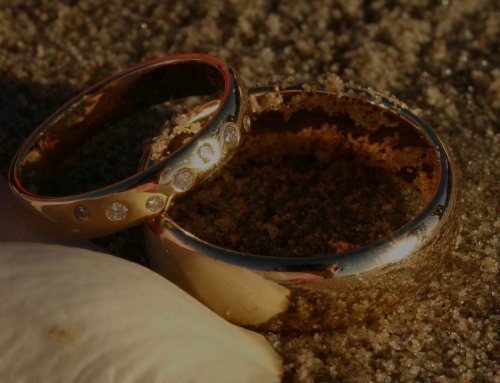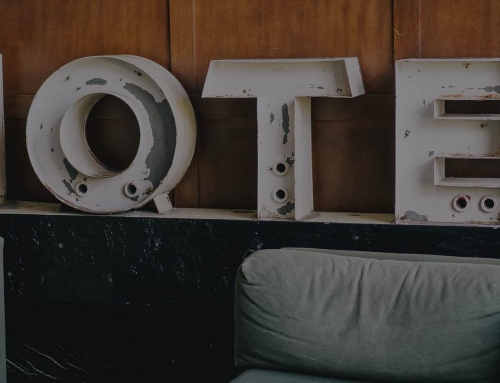By Phuket News Property · October 25, 2021
Planning ahead with a legally recognised will is one of the most important steps for foreign residents and long-term property owners in Thailand. While Thai law offers clear provisions for inheritance, the process operates differently from many Western systems. Understanding how wills work in Thailand can help families avoid delays and ensure that assets are properly managed according to the person’s wishes.
Why a will is important for foreigners in Thailand
For foreign nationals, having a valid will in Thailand helps simplify matters for family members and executors. Without one, the probate process may take longer, additional documents may be required from overseas and the outcome may not reflect the person’s intended arrangements. A locally recognised will helps ensure that the Thai courts can administer the estate efficiently.
What a Thai will can cover
A Thai will can address a wide range of assets, including personal possessions, money held in Thai bank accounts and leasehold interests. It can also appoint an executor and specify how affairs should be handled. Many foreigners with assets both in Thailand and abroad choose to create separate wills for each jurisdiction so that the probate process in one country does not delay proceedings in another.
Who can make a will in Thailand
Under Thai law, any person aged 15 or older may make a will, provided they have full mental capacity at the time it is signed. Wills in Thailand must comply with the Thai Civil and Commercial Code, which outlines the different forms a will may take. The most common is a written will signed in front of two witnesses. Thai law does not require a notary for a will to be valid, although some people choose notarisation for added clarity of intention.
The probate process in Thailand
When a person passes away, the courts oversee the administration of their estate. The appointed executor must apply to the Thai courts for formal appointment, after which they can access assets, settle obligations and distribute the estate according to the terms of the will. The process varies depending on the complexity of the estate and whether the will is clear and uncontested.
Families with wills written overseas may need to provide certified translations and additional documentation before the courts can proceed. This can extend the process, which is one reason foreign residents often prepare a Thailand-specific will for their local assets.
Special considerations for foreign property owners
Foreign nationals commonly hold property interests in Thailand through condominium freehold titles, long-term leases or shares in Thai companies. How these interests are treated after death depends on the structure in place. For example, a long-term registered lease may be transferable to heirs, depending on the wording of the lease. Condominium ownership generally passes to heirs but may be subject to foreign quota rules. Company shareholding arrangements have their own requirements under Thai law.
Because these structures vary, many foreigners choose to obtain professional legal guidance when planning a will, especially if the estate includes property or business interests.
Keeping wills updated and accessible
Life circumstances change, and wills may need updating over time. Changes in marital status, new children, property purchases or relocations can all affect how a will should be structured. It is also important to ensure that executors know where the will is stored and that the document can be easily accessed when needed.
Some people choose to keep a copy with a lawyer or trusted advisor in Thailand. Others prefer to store their will securely at home, ensuring that family members know its location.
Seeking professional assistance
While writing a will is straightforward in many cases, foreigners with property or multiple assets often benefit from speaking to a lawyer who specialises in Thai inheritance law. A legal professional can help ensure that the will complies with local requirements and reflects the individual’s long-term intentions.
Writing a will is ultimately a practical step to protect loved ones and provide peace of mind. For foreigners living or investing in Phuket, understanding the process in Thailand can make settling affairs significantly smoother for those left behind.













